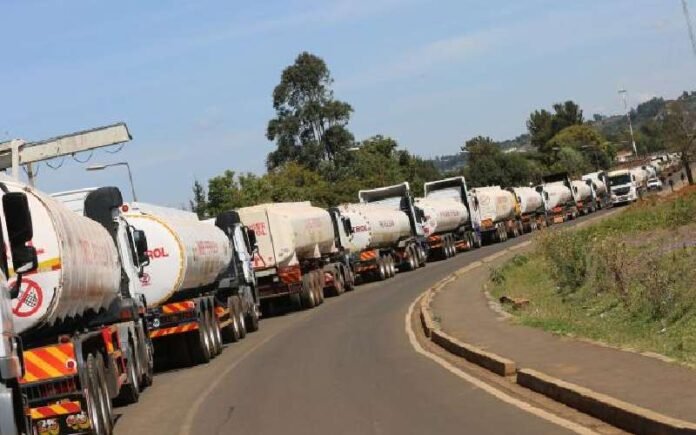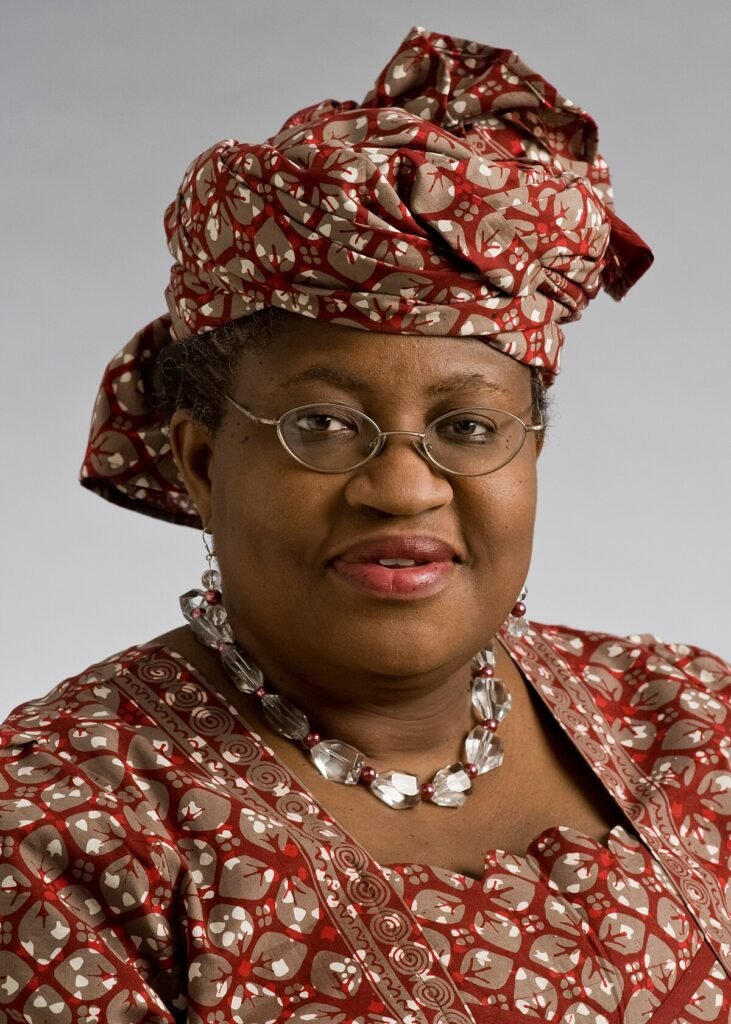NIGER’S FUEL CRISIS EXPOSES LIMITS OF AES COUNTRIES’ INDEPENDENCE

Niger’s severe fuel shortages have led to a desperate cry for help from Nigeria, exposing the limitations of the Alliance of Sahel States’ (AES) pursuit of independence from the Economic Community of West African States (ECOWAS). Despite their formal withdrawal from ECOWAS in January 2024, Niger, Mali, and Burkina Faso are facing the harsh realities of economic hardship.

The fuel shortages, characterized by winding queues and stifling economic activities, have forced the Niger junta to swallow its pride and seek assistance from Nigeria. A delegation led by the Chief Executive of the Niger Petroleum Company visited Abuja on an S.O.S. mission, resulting in the approval of 300 fuel trucks for immediate delivery to Niger.
Industry officials blame the shortages on the confrontation between the Niger government and Chinese oil companies, which have dominated Niger’s petroleum sector. The China National Petroleum Corporation (CNPC) had granted Niger an advance of $400 million in 2024, but the repayment terms led to a crisis, culminating in the expulsion of three Chinese officials from Niger.

The situation highlights the need for regional cooperation and integration, as emphasized by Ghana’s President John Mahama and Nigeria’s Dr. Ngozi Okonjo-Iweala. Mahama described the USAID pullback and cut in development aid as “adversity in opportunity” for Africa, urging countries to strengthen their economic resilience and reduce dependence on foreign aid.

Okonjo-Iweala advised African leaders to consider foreign aid as a thing of the past, urging them to be innovative and look inwards to uplift their people. The AES countries, which have severed ties with Paris and expelled French soldiers, are still members of the West African Economic and Monetary Union (UEMOA) with French affiliation.

As the AES region grapples with jihadist attacks and regional instability, a high-level delegation from the three countries visited Nigeria to understudy non-kinetic approaches to combating violent extremism. The visit recognizes Nigeria’s policy shift towards negotiated settlements, as military options alone cannot defeat terrorism and insurgency.





























































































































































































































































































































































































































































































































































































































































































































































































































































































































































































































































































































































































































































































































































































































































































































































































































































































































































































